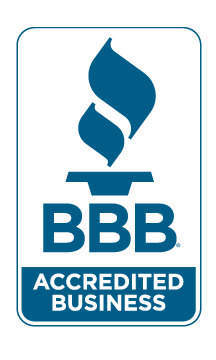Advantages as Property
As we get further into the subject of life insurance, you’re soon going to ask yourself, “Since life insurance is such a rational purchase, why aren’t people more eager to buy it?” One of the main reasons people don’t come to an insurance producer as they do other types of salespeople is that they don’t recognize life insurance for what it is—a type of property.
The problem is, although life insurance is a type of property, it doesn’t look like property. To the average individual, it looks like just a piece of paper. In fact, many of the characteristics and advantages of property apply to life insurance.
For example, a life insurance policy’s cash value can be used as collateral for borrowing money. Suppose an insured goes to a bank to borrow money. The bank will want to determine the type and amount of property the individual can call on to pay off the loan should his or her income be suspended. Life insurance can act as collateral or “back-up” property for the loan.
Another advantage of life insurance as property is one you have already know—it creates an immediate estate.
Suppose a man invests in a piece of land. He may have to wait years and years for that land to appreciate. Its value may never quite reach what he had anticipated. And if that man were to die the day after buying the land, whether he paid cash for it or not, his family might have difficulty getting the money out that was put in.
Not so with life insurance. The instant a life insurance policy goes into effect, the insured policyowner has established a fund that will be paid to his or her beneficiary—even if only one premium payment has been made. No waiting for the property to appreciate in value; no worrying whether the value will actually rise as expected.
There are other advantages to life insurance as property.
One is the convenience of paying for life insurance in installments. In the case of a $100,000 life insurance policy, the entire premium to purchase the policy does not have to be paid up front. Rather, it may be paid in installments.
Safety of principal is of considerable concern to anyone purchasing property. How safe is your money? Is it subject to market fluctuations, depreciation, or other loss? A $100,000 life insurance policy will pay that amount to the beneficiary at the death of the insured as long as premiums are met and there are no outstanding loans against the policy.
As for return on investment, life insurance offers plans that can be very advantageous, especially with regard to taxation of cash values.
Many kinds of property require physical maintenance or upkeep. Houses must be painted, car engines tuned, livestock fed and so on. Apart from paying premiums, a policyowner has no other obligations with regard to life insurance.
Finally, managerial care is a frequent concern of property owners. Stocks and bonds, real estate and similar investments require constant attention with regard to market conditions, taxation and so on. No managerial care is required of a policyholder toward a life insurance policy.
© Copyright Legacy Secure on MI Inc






